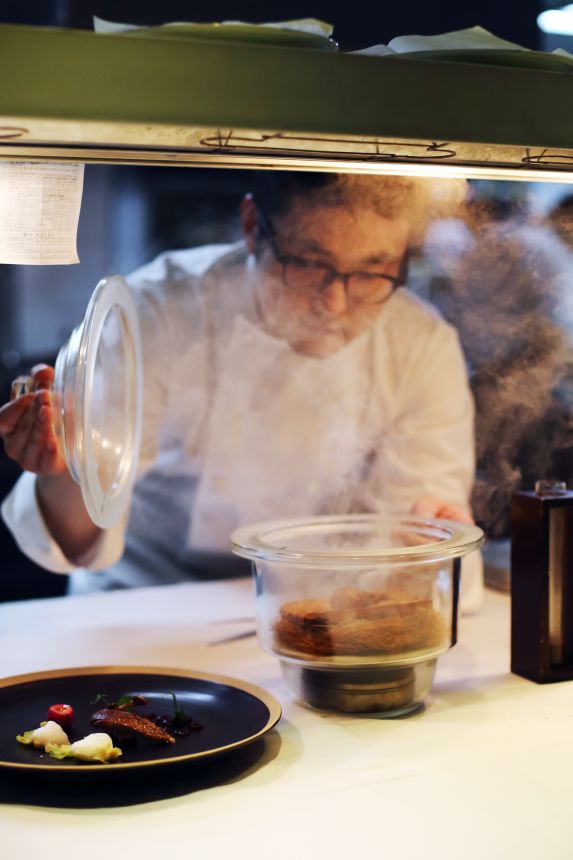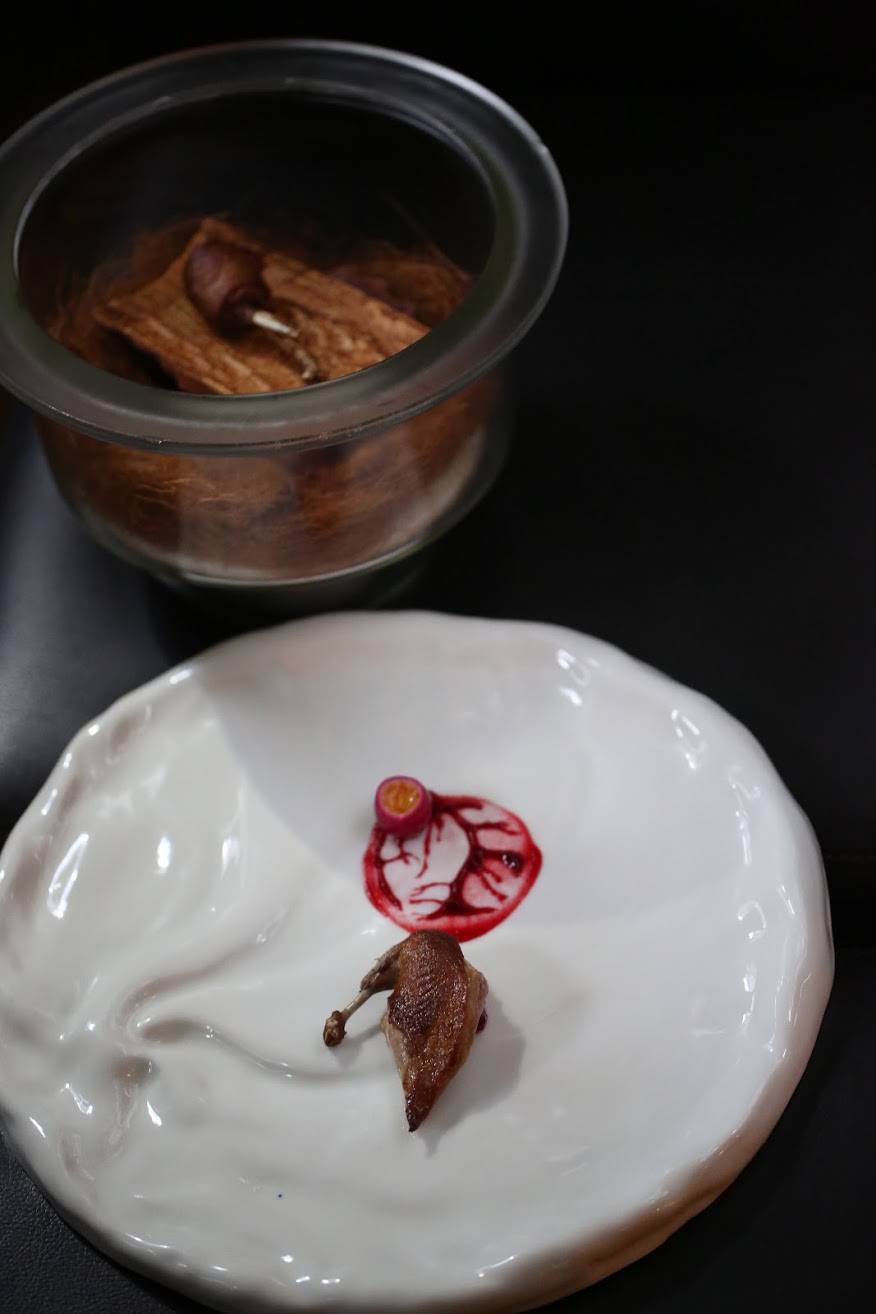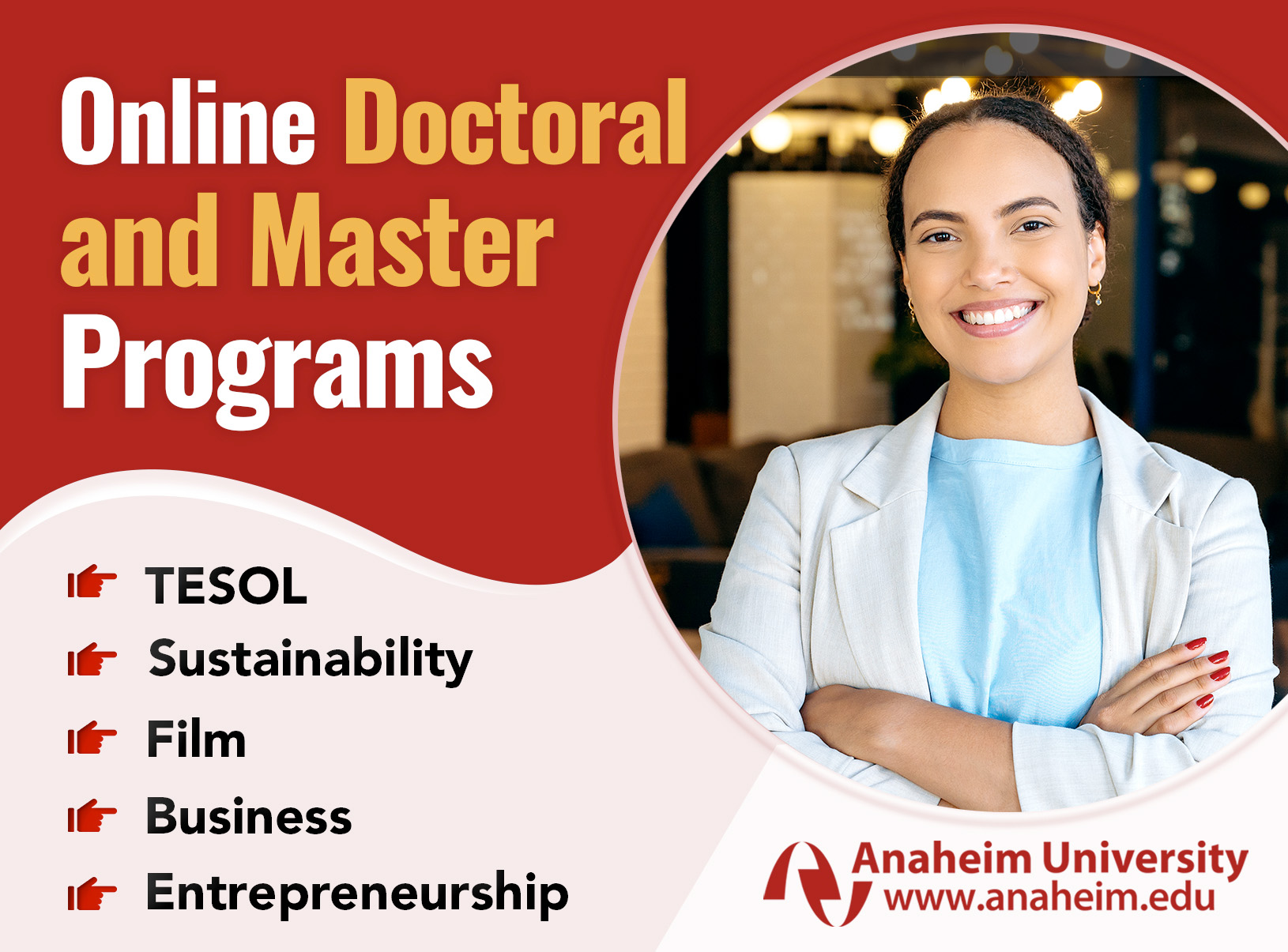A Ryunique Dining Experience Fusing Japanese and French Cuisine With Korean Ingredients
Since its opening in 2011, the Seoul restaurant Ryunique has attracted wide attention and admiration in the Seoul dining scene.Through its modern hybrid cuisine, Ryunique has respectively won 27th and 79th place in Asia’s 50 Best Restaurants and the World’s 100 Best Restaurants. The mastermind behind the restaurant is Chef Ryu, a native Busan and son of a marine biologist.Having started his culinary career at the age of 22, Chef Ryu spent eight years traveling around the world, during which he trained in top-notch restaurants in Japan, Australia and the UK. His international experience is reflected in Ryunique’s hybrid fusion cuisine,which features elements from different culinary cultures with an emphasis on French and Japanese.The aptly named restaurant combines his name –“Ryu”– and “unique.”True to its title, his dazzling dishes enchant customers with something new, original and of course, delicious.Besides Ryunique, Chef Ryu also runs a bistro called Normal by Ryunique. Seoul Journal Executive Editor Anthony Al-Jamie talked to Chef Ryu about his restaurant, Korean food culture, and future ambitions.
SJ: How old were you when you first started cooking?
RYU :When I was 21 or 22. It was a little bit late.
SJ: Is your mother a good cook?
RYU: Yeah, my mother is a good cook; her dishes are very tasty. When I was young, my mother and I used to go to markets and taste seafood and traditional food. So I guess I trained at that time with my mother.
SJ: Where is your restaurant located now?
RYU: It’s located in Sinsa-dong. Sinsa-dong is a very popular city in Gangnam, Seoul.
SJ: What makes your restaurant special?
RYU: My cuisine is hybrid cuisine — it combines Japanese and French techniques using Korean ingredients. I focus mainly on the modern French.
SJ: Are most of your customers Korean people or foreigners?
RYU: Now it’s 60% Korean, 40% foreign customers.
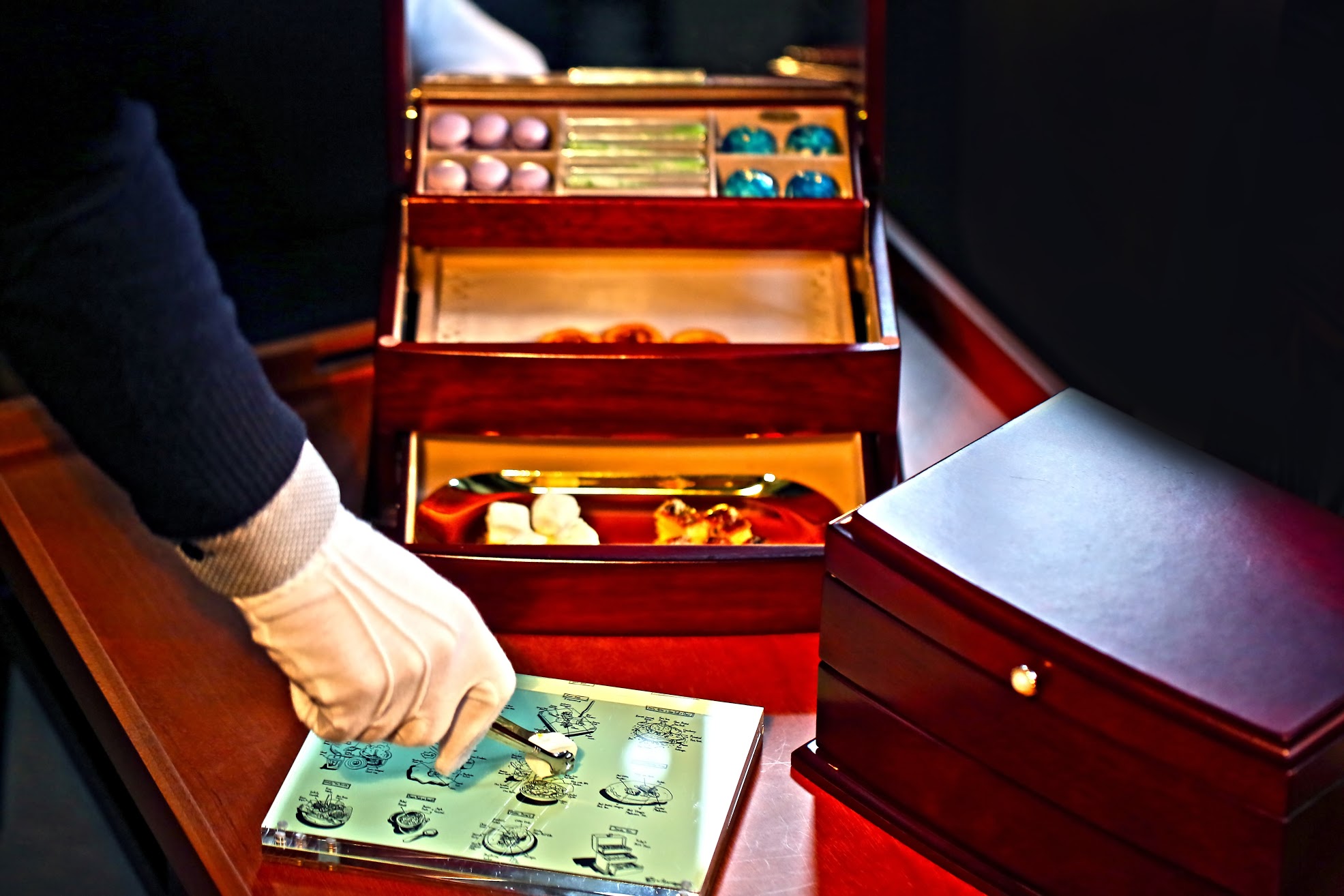
SJ: Do you think Korean food is getting more popular with people all over the world?
RYU: Yes, Korean food is getting more popular, but Korean chefs are not. So my focus is not to make Korean food become popular, but to make Korean chefs more popular. I work hard for that.
SJ: How do you invent new dishes?
RYU: I put experience,memory, and my philosophy into the food.My mother and my grandmother used tocook. I lived abroad for eight years, which is a long time, so I get a lot ofinspiration from that experience. And since I’m Korean, I’m also inspired by Korean food. 80 to 90% of my dishes use Korean ingredients. So my food has a little bit of a Korean style, but it’s not Korean cuisine.
SJ:What is the most difficult part of running a very famous restaurant?
RYU: Right now, it’s the problem of money. In Korea, the food culture is not as cultivated compared to other places. People don’t pay a lot of money for dining. It’s very difficult to make a business out of it. It is better now because we get many foreign customers, but for the first three years after opening, it was very difficult. We were in the red every month.
SJ: But it got better after your foreign customers increased?
RYU: Yes. Foreigners dine out a lot. When they come to my restaurant, eat my dishes, and say it’s great, it makes me very happy.On the other hand, most Koreans reacted at first by saying, “Why are you doing something like that?”People thought it was too complicated because my style is fusion cuisine.This is a popular style worldwide, but it was difficult to do in Korea at first.But since two years ago, culinary culture has gotten much better here.
SJ: Has a television company ever come to your restaurant?
RYU: Yes, a lot of television shows have shot in my restaurant, but I don’t like shooting. Television programs are good for introducing my dishes, but it’s not good to promote myself. I am a chef, so if I don’t focus on my cooking, the quality goes down. I think the most important thing is to entertain the customers and to check the quality of things like customer service and cooking.
SJ: Why do you think Ryunique is famous?
RYU: It’s because Ryunique's food is a little bit unusual, but delicious and passionate. There is only one concept like it in Korea. We need to prepare every time there is an order — we serve about 20 dishes and put as many as 200 ingredients on the plate. We make the dishes every time, every day. So it is a little bit hard. But the result is the best one possible. I believe that.
SJ: Is there someone who inspires you? Do you have a mentor?
RYU: Right now, I have no mentor— my experience is my mentor. I don’t like copying.
SJ: So you want to do your original work.
RYU: Just unique. I don’t like to be number one, I want to be the only one! [laughs]
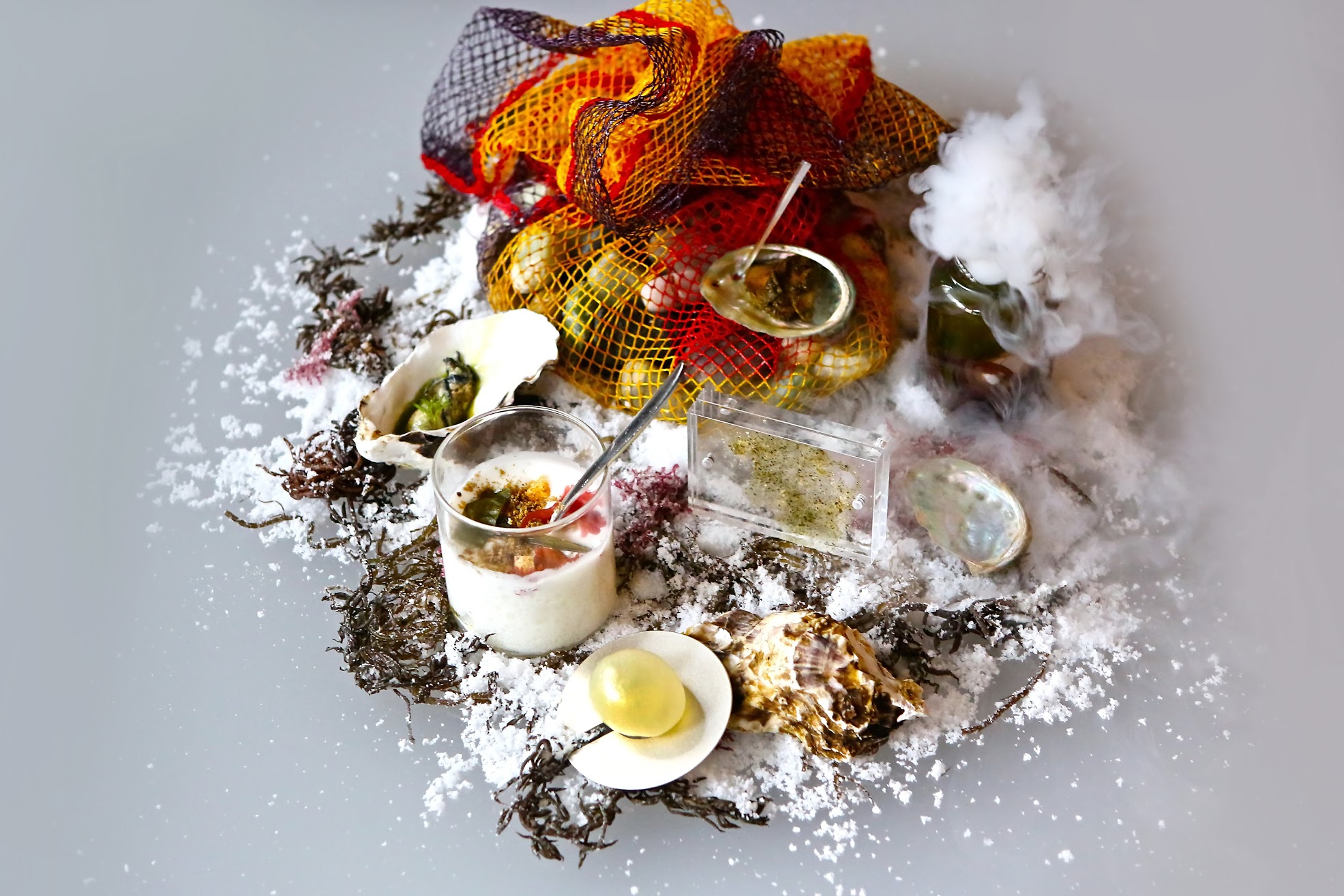
SJ: Do you plan to open restaurants in another city?
RYU: My hope is to open in Tokyo, because I know Tokyo has a dining scene and has ingredients. But it is very expensive and hard to open a restaurant there. If I get investment, I want to open in Tokyo.
SJ: What is the best point of your restaurant?
RYU: My restaurant is very small and doesn’t have the best location. But compared to other places, I think we are the strongest at cooking and storytelling. Our strongest point is our dishes.
SJ:How can you make your restaurant much stronger? Do you have any plans?
RYU: If we get a Michelin star, I’m going to change the interior and have better, professional staff. I’m going to use good ingredients, such as caviar, and some of the local ingredients. I also want to have a better wine selection.
SJ: What are you working on now? Do you have a big project at the moment?
RYU: Next month, I will be joining Diner en Blanc. Diner en Blanc is a very famous French community, where everything is white — white clothes, white table, everything. It’s very famous worldwide and has been held in places like Paris, Sydney, Hong Kong, and Tokyo. Next month, it will be held in Seoul for the first time.
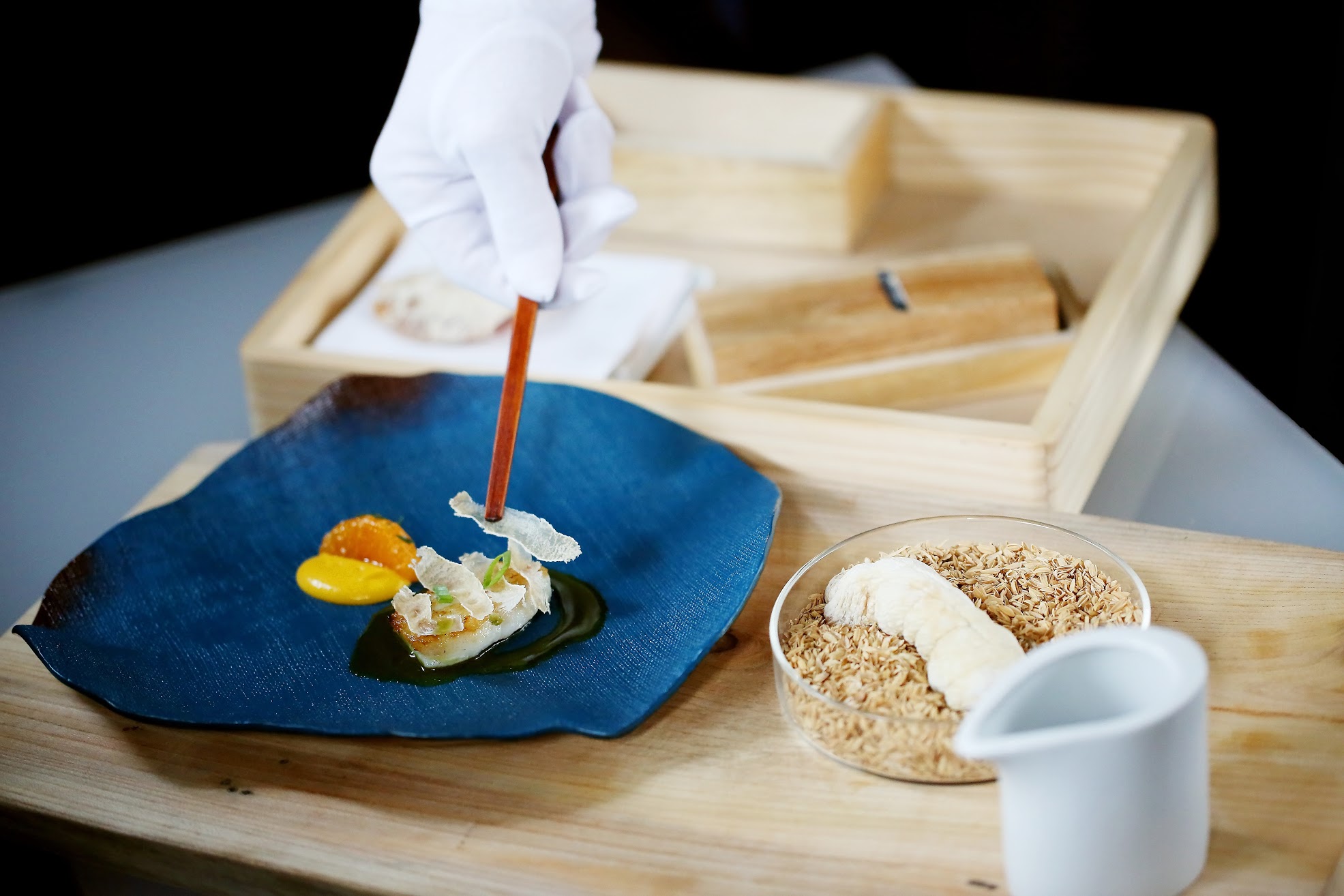
SJ: Do you have a dream?
RYU: I’m going to teach the next generation—young chefs,young students. I’m going to take care of them.



